The oppressed want at any cost to resemble the oppressors
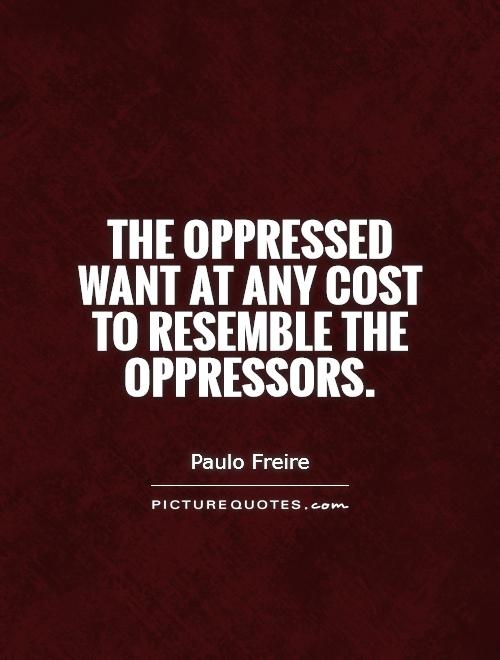
The oppressed want at any cost to resemble the oppressors
In the context of Paulo Freire's work on critical pedagogy and the dynamics of oppression, the idea that "the oppressed want at any cost to resemble the oppressors" holds significant implications. Freire, a Brazilian educator and philosopher, is best known for his groundbreaking work "Pedagogy of the Oppressed," in which he explores the power dynamics at play in education and society at large.One of the central themes in Freire's work is the concept of internalized oppression, where the oppressed come to internalize the values, beliefs, and behaviors of their oppressors. This phenomenon can manifest in various ways, such as adopting the language, attitudes, and cultural norms of the dominant group, or striving to achieve the same material wealth and social status as the oppressors. In doing so, the oppressed may believe that by emulating the oppressors, they can gain acceptance, validation, and a sense of belonging in a society that systematically marginalizes and devalues them.
However, Freire warns that this desire to resemble the oppressors comes at a great cost. By seeking to assimilate into the dominant culture, the oppressed risk losing their own identity, culture, and sense of self. In trying to conform to the standards set by the oppressors, they may perpetuate the very systems of oppression that keep them marginalized and disenfranchised. This internalized oppression can also lead to feelings of self-hatred, shame, and inadequacy, as the oppressed struggle to meet unattainable standards of success and worthiness set by the dominant group.
Freire argues that true liberation and empowerment can only come from a critical consciousness that challenges the oppressive structures and ideologies that perpetuate inequality and injustice. Instead of aspiring to be like the oppressors, the oppressed must reclaim their own agency, voice, and power to resist and transform the systems that oppress them. This requires a process of conscientization, or critical reflection and action, that enables individuals to recognize their own oppression, challenge dominant narratives, and work towards collective liberation.
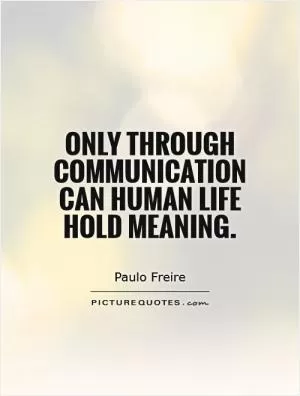

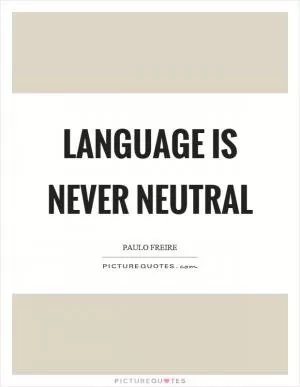
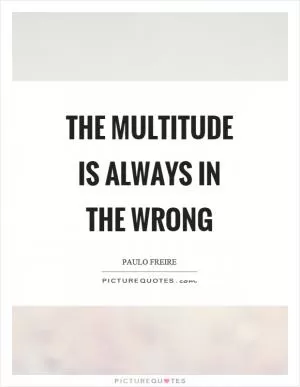
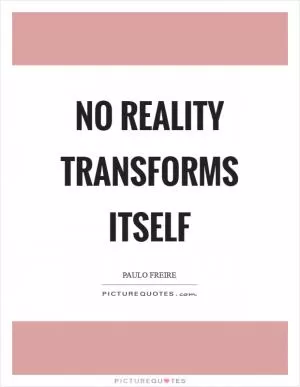

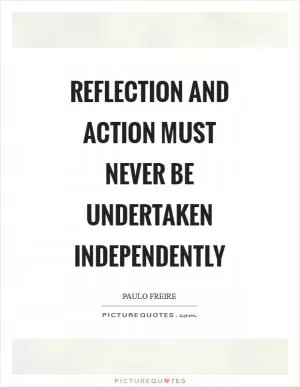
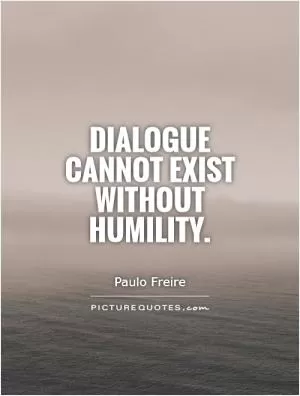
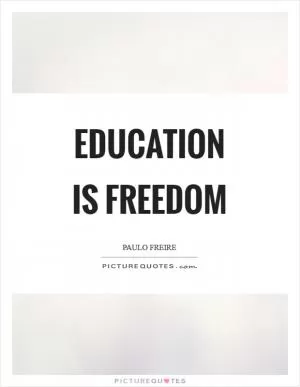
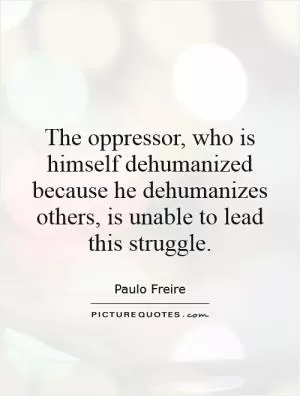
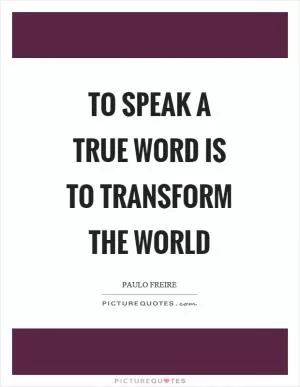

 Friendship Quotes
Friendship Quotes Love Quotes
Love Quotes Life Quotes
Life Quotes Funny Quotes
Funny Quotes Motivational Quotes
Motivational Quotes Inspirational Quotes
Inspirational Quotes